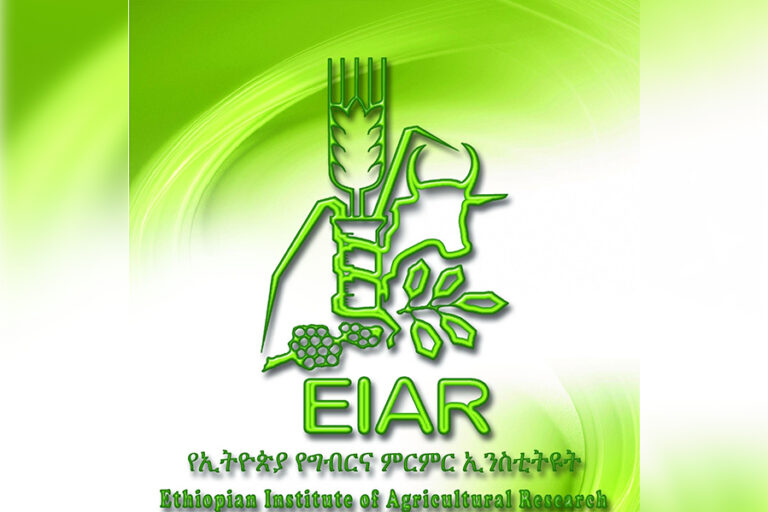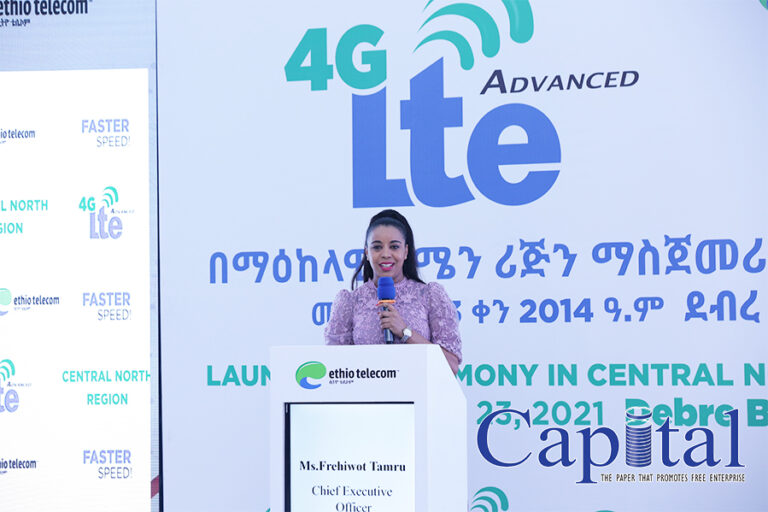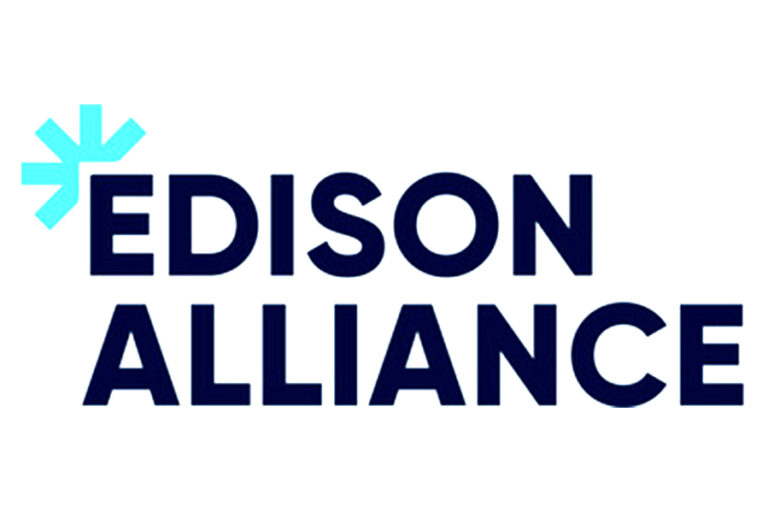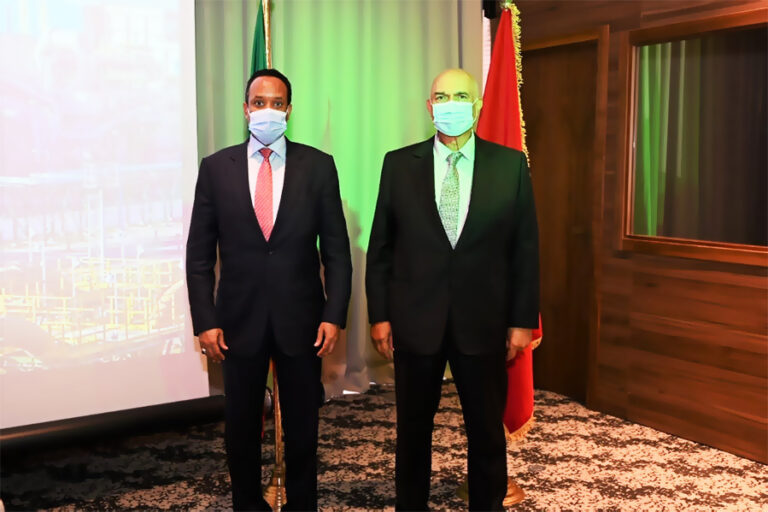The Ethiopian Institute of Agricultural Research (EIAR) officially introduces research on modern mushroom cultivation at its Holeta Research Center on the aim to be a source of technology and seeds for commercialization of the product.
Tadesse Daba, Director of Biotechnology Research at EIAR, reminded that a workshop had been conducted that included Addis Ababa University, Haramaya University, Ethiopia Bio Technology Institute, Ethiopian Agriculture Research Secretariat, and researchers including the well known on the sector Dawit Abate (PhD) to introduce a research on mushroom.
Following the workshop, a unit that comprises dedicated individuals was formed and trainings have been also given to commence their activity at Holeta. “Now they have introduced their activity on the fungus under the unit, which is the first for the country,” Tadesse told Capital.
“About a couple of months ago, the researchers who are taking different researches on the fungus, have also produced their first trail mushroom,” Tadesse explained.
He said that laboratories and aseptic conditions, which maintained to ensure the efficiency of the bioprocesses, and other relevant precondition and favorable environments, have been established for the research, while seeds like oyster shiitake and button that are well accepted for commercialization are selected for the research.
“Currently, the country is allocated foreign currency to import the preserved mushroom that is mainly served at high class of the society and big hotels and pizzerias,” he says, adding, “the main aim of establishing the research unit is to substitute the import besides knowing the technology and undertake detailed research on endemically cultivated edible mushroom types that are traditionally served in different communities.”
So far there are small scales producers engaged on mushroom production, while it has not filled the market demand that is managed by the foreign supply.
“The new scheme started at EIAR would be a source of knowhow and seeds for those who are engaged on the mushroom productivity,” Tadesse added.
Experts on the sector said that besides expanding the availability of the product on the market and saving the foreign currency, it creates significant jobs and supplementary income for those who produce the product on their part time operation.
EIAR is engaged in different research activities on agricultural sector through its research centers resides in different corners of the country.
Mushroom given much room for growth through research
5G on the horizon as Central North Region receives 4G LTE advanced
Ethio telecom announced that it has the necessary preparation to start deploying 5G networks in the country with in short period of time before 2022 which was planned at the beginning of the current budget year.
“Ethio telecom is undergoing network infrastructure and system enhancements to pilot 5G networks soon and we’ve made some of our networks ready for 5G,” said the CEO, Firehiwot Tamiru speaking at the launching of 4G LTE Advanced network in Debre Berhan.
Following its strategic plan to expand 4G LTE service in various cities of the country where there is high data usage, Ethio telecom has launched 4G LTE Advanced mobile internet service on 23 September 2021 in the Central North Region in the towns of Debre Berhan, Fiche, Shewa Robit, Sululta, Sheno, Sendafa, Gerba Guracha and Legetafo towns where high mobile data traffic has been observed.
Ethio telecom has so far expanded its 4G LTE service in 86 towns of 15 regions across the country and in Addis Ababa. Before the end of the year, Ethio Telecom is planning to reach out additional 106 towns with its advanced network.
The CEO highlighted that Ethio telecom has reformulated its three year plan with view to modernize services and enhance customer’s experience.
So far 69 million devices are connected to the network, 42 percent of them are smart phones which are capable to use advanced 4G, and in the Central North Region 34 percent of the whole customers have 4G enabled devices.
“Among the major strategic initiative, it is planning and accordingly, we will be launching similar services in other parts of the country, for which preparation works are underway,” said the CEO.
Beside its network expansion, Ethio telecom has also registered more than 9 million customers with its newly launched mobile money system, Telebirr. The system which has accounted about 4 months is operating certain new services payments including DSTV Ethiopia, websprix, Addis Ababa city traffics management agency, Zmall and others including contributions for the Ethiopian renaissance dam . The system has integrated its services with 8 banks including the commercial bank as well expecting to start international remittance service soon.
EDISON Alliance members commit to improving 1 Billion lives through affordable digital access to healthcare, finance and education by 2025
The EDISON Alliance aims to improve the lives of 1 billion people through the 1 Billion Lives Challenge by increasing affordable digital access to healthcare, finance and education by 2025. Although 85% of the world’s population lives in areas covered by 4G, only half are online. Cost, not coverage, is the critical barrier to connectivity. In low-income countries, home to 650 million people, mobile broadband is 18 times more expensive than in developed countries, as a proportion of average income.
Derek O’Halloran, Head of the Platform for Shaping the Future of Digital Economy and New Value Creation at the World Economic Forum, said: “Most of the world’s population live within the coverage of broadband infrastructure. However, the lack of relevant, affordable services means that still 47% of people cannot participate and do not benefit from the internet. This challenge is about more than infrastructure – it is about the collaboration and investment needed across different industries, governments and civil society to bring safe, meaningful services to people’s lives. Today we launch the 1 Billion Lives Challenge to catalyse the commitments and silo-breaking partnerships needed to make this happen.”
The COVID-19 pandemic has demonstrated how critical it is to access healthcare, education and financial services online. Yet, deep inequalities persist in the affordability of digital access between least-developed and most-developed countries. The data clearly demonstrate the need for quick and decisive mobilization of resources and commitments to closing the digital divide. With focused resources and a coordinated response, the 1 Billion Lives Challenge aims to drive change and harness businesses, organizations and governments together to reimagine a digitally inclusive future.
“As we emerge from the COVID19 pandemic, it’s never been clearer that digital accessibility, affordability and usability are critical to participate in everything from education and banking to receiving basic healthcare,” said Hans Vestberg, Chairman and CEO, Verizon. “Through the EDISON Alliance, we aim to create a more digitally inclusive world by connecting 1 Billion Lives to this fundamental core of our society.”
By spotlighting and accelerating concrete commitments, the 1 Billion Lives Challenge aims to:
- Accelerate the delivery of digital services for unserved and underserved populations
- Inspire more public commitments to digital inclusion
- Demonstrate that universal digital inclusion is an achievable goal
- Support Alliance organizations in the achievement of their digital inclusion goals
- Develop global relationships and sustainable, scalable models for further impact to 2030
The three sectors of health, finance and education are key areas of focus for the EDISON Alliance. Two billion people still lack access to healthcare, 1.7 billion remain unbanked and 265 million children have no access to education. Enhancing internet access to this enormous unserved population will help ensure they are not left behind in realizing their basic rights.
“The EDISON Alliance’s 1 Billion Lives Challenge seeks to embed digital inclusion into the design of policies, infrastructure, and services to address the disproportionate impact that exclusion from the digital economy has on women and other underserved populations,” said Paula Ingabire, Minister for ICT and Innovation, Rwanda.
The Alliance supplies ongoing guidance and research on leading best practices to empower policy-makers and relevant stakeholders with mechanisms to make informed decisions and pioneer innovative ways of financing digital inclusion. These tools are key enablers to help achieve the 1 Billion Lives Challenge and include the “Shared Principles for an Inclusive Financial System, the Guidebook for Digital Inclusion Bond Financing and the EDISON Navigator”, an online tool currently being designed to provide users easy access to curated information on best practices and lessons learned in digital inclusion approaches.
The 1 Billion Lives Challenge brings together leaders of global businesses, international organizations and governments who have pledged to improve a quantified number of lives through digitally inclusive services.
Ethiopia and OCP signed joint development agreement for Dire Dawa Fertilizer project
Governments, private and public stakeholders across the African continent are working tirelessly in order to find tailored solutions to their agricultural and industrial challenges. Back in November 2016, the Government of Ethiopia and OCP S.A. laid down the general principles of their intended cooperation by way of a framework cooperation agreement to establish an integrated fertilizer complex in Dire Dawa, using local resources, Ethiopian gas and Moroccan phosphoric acid.
Continuous governmental support for agriculture and its weight on the economy has been reflected in a steady increase of fertilizer use primarily Urea and NPS+, which consumption is expected to continue to grow significantly in the next decade. As from 2022, fertilizer imports in Ethiopia will represent USD 1 billion, and could potentially reach USD 2 billion in 2030.
Therefore, the establishment of a local fertilizer production plant would yield significant synergies. The project will require an initial estimated investment of approximately USD 2.4 billion during the first phase to develop a 2.5 million ton fertilizer production unit, combining Urea and NPK/NPS products, and which could reach a production capacity of 3.8 million tons per year, for a total investment of up to USD 3.7 billion during the second phase.
It is be noted that the Feasibility, Conceptual, Environmental and Social Impact Assessment and Hydro & Geotechnical studies have been finalized. Last week a major millstone have been completed after the visit of a high level delegation to OCP Group headquarter, led by Minister of Finance, Ahmed Shide accompanied by officials from the Ethiopian Chemical Industry Corporation (CIC), the Ethiopian Agricultural Businesses Corporation (EABC) and the Ethiopian Mineral, Petroleum and Biofuel Corporation (EMPBC). The stakeholders decided to execute a Joint Development Agreement to establish an Ethiopian joint venture company for the implementation of the project.






